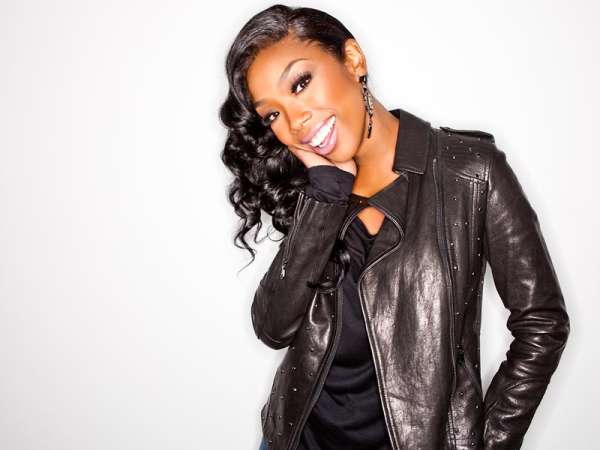Brandy Should Know It’s OK to Judge Chris Brown
I have to be honest: When the news went viral that Chris
Brown had beaten up his then-girlfriend Rihanna, I had no idea who either of
them was. Not being a fan of their genre
of music, I actually had to look up their discography. Over the coming months and years, as Brown
went to trial and then completed his probation, I learned a lot more about him
and the acceptance of gender-based violence in our society.
It all began when in various comment sections throughout the
blogosphere, Brown’s violence was defended repeatedly because Rihanna had the
audacity to look through his cell phone calls.
Rihanna was beaten, bitten, and blooded by this man. The photos which were leaked to the public
are absolutely horrific. According to
The Huffington Post, at the time Brown stated, “I’m going to beat the shit out
of you when we get home” and “I’m really going to kill you.” To be clear, this is a crime Brown admitted
committing and because of which, he is now a convicted felon.
Brown has publicly apologized for his violent crime; however,
his actions don’t read like he is sorry for anything. He continues to be violent, as his rampage at
the “Good Morning America” studios (after being asked about his crime) and his
recent public brawl with Drake at a nightclub proves. There is also the little matter of the tweet
after winning a Grammy: “HATE ALL U WANT BECUZ I Got A Grammy Now! That’s the
ultimate F@ck Off!
These are not the actions, nor the language, of a man
attempting to take responsibility for his behavior and make amends. These are the actions of a man who has been
rewarded for his gender-based violence through awards, continued positive media
attention, and, of course, record sales.
Every single song or album purchased emboldens the idea that what he did
is not a big deal. Is there anything a
black man can do to black woman that we cannot find it in our hearts to
forgive?
It does not help that celebrities are continually suggesting
that Brown needs forgiveness. Queen
Latifah stated the following in support of Brown, following the 10th Annual BET
Awards:
“He is young guy, he made a big mistake, and he needs to
bounce back from that. And he needs an opportunity for a second chance,” she
says. “We can’t condemn that kid. He’s a kid and he needs to correct the
mistake for the future, not live in the past.”
“He needs to be forgiven. Enough already. We can’t keep
beating him up. She [Rihanna] is going to grow, he’s going to grow, and we have
to allow them both to do that.”
Last month, Brandy became yet another person to join the
Brown forgiveness celebrity train when she stated:
“I just feel like everybody goes through things in their
life, and it’s not my place or anybody’s place to judge. I just know that Chris
is a fantastic artist and he’s always been supportive of me as an artist, and I
just wanted to work with him because he’s great at what he does.”
Brown isn’t going through the ordinary trials and tribulations
of being a human on our little blue planet, and perhaps Brandy would be more
likely to admit this had she not collaborated with him on her single “Put it
Down.” This endorsement sounds like someone who is trying to revive a flagging
career no matter the cost.
Brandy and Queen Latifah certainly aren’t the only
celebrities who have through their comments attempted to reinvent Brown into a
troubled youth we should not judge and even forgive, but what makes their
comments harmful is the fact that they are both black female celebrities. Time
and time again we have seen intra-racial violence minimized or ignored, and
this has everything to do with the fact that black women have historically been
devalued.
Sexism is like any other ism; it depends upon the collusion
of the oppressed for its continued power. When the few black women who are in a
position of power feel it is in their best interests to ignore, or in this
case, outright minimize acts of violence
against women, it not only emboldens those who seek to keep us in a secondary
status, but it also suggests that such ill treatment is either justified or
normal.





Comments
Post a Comment